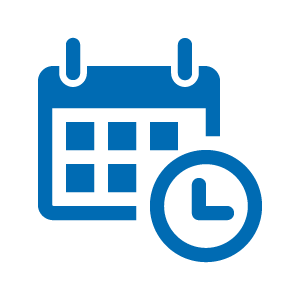Depression
Depression is one of the most common mental health disorders. It occurs in approximately one in five persons at some point in their life. Low mood or feeling sad due to a particular situation in life does not necessarily mean you are depressed, although these can trigger depression if prolonged.
Depression involves a wide range of symptoms. It influences not just mood but also thinking, intellectual functions, self-esteem, personal relationships, ability to work and study, and even physical well-being.
Depression is classified as either a depressive episode or a recurrent depressive disorder, depending whether it’s the first depressive episode in life or recurrent depression. Depressive episodes may also be associated with bipolar disorder.
Depressive episodes are classified according to their severity as follows:
- Mild
- Moderate
- Severe without psychotic symptoms
- Severe with psychotic symptoms
Self-care for depression
- It is important to understand the nature of depression. Depression is not a state you can control with willpower nor is it a sign of inferiority. Stay positive.
- Try to meet people and take part in studies and hobbies, even if you find it hard. However, don’t require too much from yourself.
- Depression can significantly impair the ability to function, but don’t blame yourself for it. Temporary impairment of ability to function will resolve as depression decreases.
- Stick to your daily routines.
- Physical exercise and especially outdoor activities improve mood. However, remember to exercise within the limits of your ability.
- Avoid alcohol and other intoxicants, as they may worsen depression.
- Try to question the negative thoughts about yourself caused by depression.
- Give room for the emotions that may be masked by your depression.
- Remember that the prognosis of depression is good.
When should you seek treatment?
Seek professional help if the depressive episode does not resolve within a month, your ability to function is clearly impaired due to depression, you have abnormal sensory experiences or unrealistic thoughts or fears.
Decreased will to live, suicidal thoughts and thoughts of self-harm are also common with depression. Thoughts of self-harm that are hard to control are always a reason to seek emergency care.
Treatment of depression
Depressive episodes can be treated with psychotherapies, medication as well as neuromodulative treatments that directly influence the electrical activity of the brain. Combining different treatment options is typical and may improve the treatment result. Milder depressive disorders may also be treated with online therapy or group therapy.
Depressive episodes and recurrent depressive disorders involve a risk of recurrence. This makes it important to continue with the anti-depression maintenance therapy as instructed by healthcare professionals. Adequate maintenance treatment reduces the risk of depression recurring. There are also specific treatment options available for lowering the risk of recurrence.
Information sources: Duodecim Terveyskirjasto, Mielenterveystalo.fi
FSHS Psychologist / 20 June 2023
Service options

